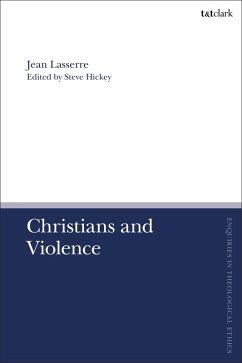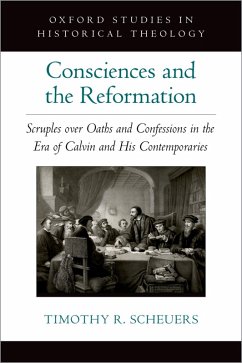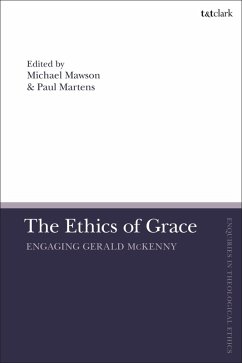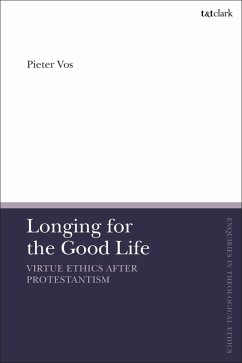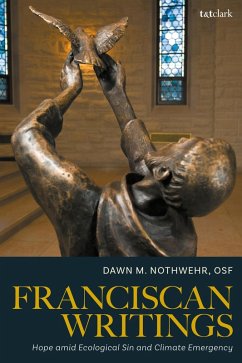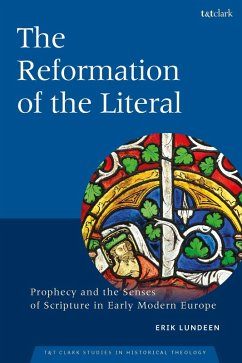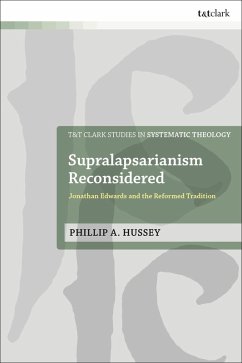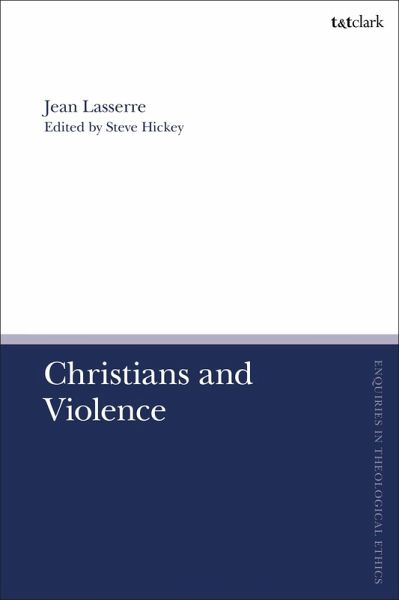
Christians and Violence (eBook, PDF)
Versandkostenfrei!
Sofort per Download lieferbar
70,95 €
inkl. MwSt.
Weitere Ausgaben:

PAYBACK Punkte
35 °P sammeln!
This marks the first English translation of renowned peace theologian Jean Lasserre's seminal work on non-violence. With introductory remarks from Frédéric Rognon and the author's daughter, Christiane Lasserre, this book provides English readers a window into a powerful, yet accessible, text on Christian ethics. In this classic essay, Lasserre turns to the problem of physical violence and murder, tackling it with a focus on morality and scripture. Writing in the aftermath of the Second World War and the Algerian War, Lasserre also deftly examines the ethics of military violence and warfare. ...
This marks the first English translation of renowned peace theologian Jean Lasserre's seminal work on non-violence. With introductory remarks from Frédéric Rognon and the author's daughter, Christiane Lasserre, this book provides English readers a window into a powerful, yet accessible, text on Christian ethics. In this classic essay, Lasserre turns to the problem of physical violence and murder, tackling it with a focus on morality and scripture. Writing in the aftermath of the Second World War and the Algerian War, Lasserre also deftly examines the ethics of military violence and warfare. The Church told men for years that one could be an honourable Christian and a solider; this book delves into the two opposing realities of this sentiment with a powerful case for pacifism.




